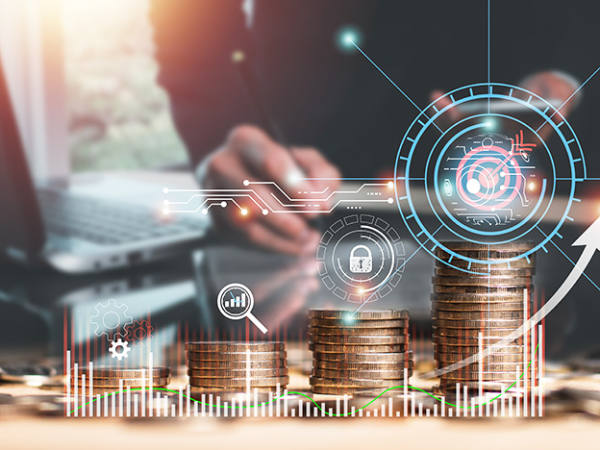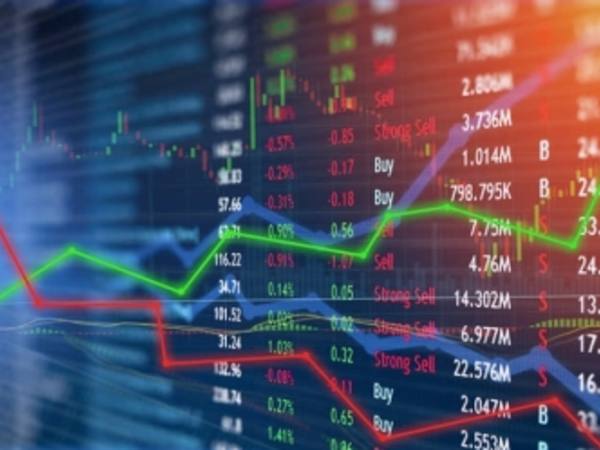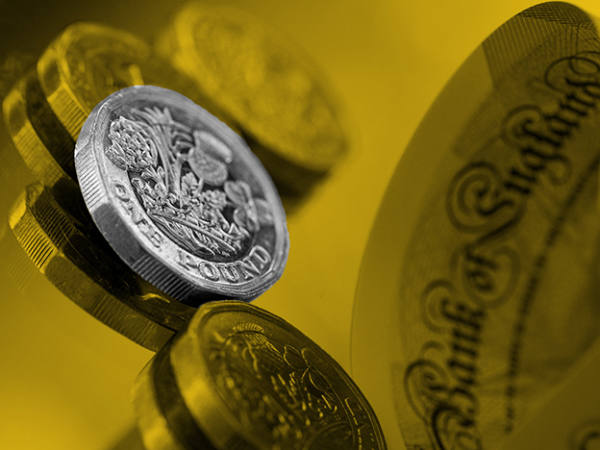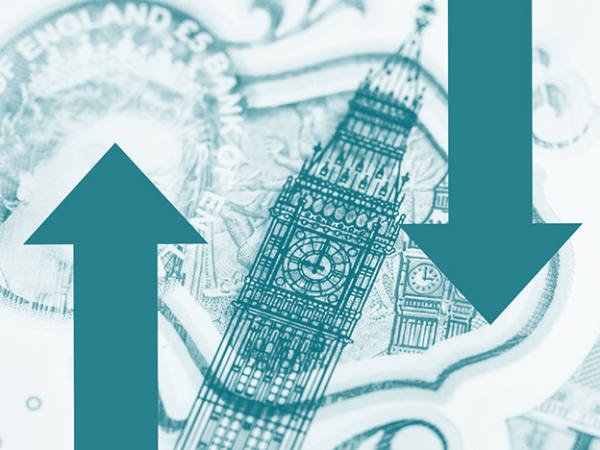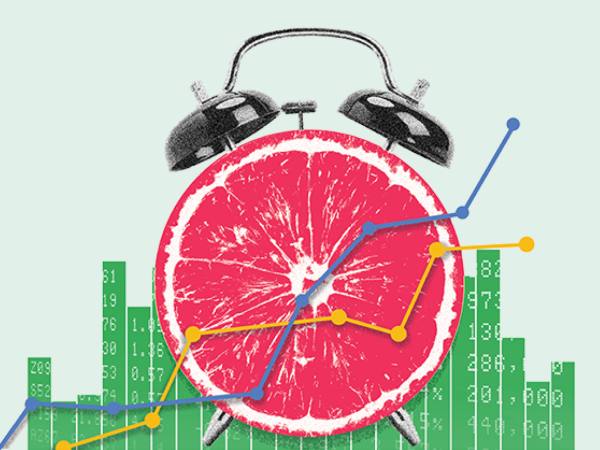- Talking to my Daughter was first published in 2017, but it contains important lessons for economic recovery post-Covid
- Former Greek finance minister and economist Yanis Varoufakis has positive views on the role of capitalism in society
On Twitter, Yanis Varoufakis describes himself as a “professor, quietly writing obscure economic texts for years, until thrust onto the public scene by Europe's inane handling of an inevitable crisis.” The fan base he has developed during the pandemic is indeed impressive (1 million followers, and counting) but it is his 2019 book that captures our attention as it is eerily relevant to discussions about today’s post-covid economy.
Talking to My Daughter: A Brief History of Capitalism, follows the mantra that “if you are not able to explain the economy in a language young people can understand, then, quite simply, you are clueless yourself.” Despite tackling some big thinking, the narrative is easy to read and invites everyone to start thinking about their money on a wider scale.
One of the book’s take-home ideas is the concept of self-perpetuating optimism – and pessimism, for that matter. This is when a market society fulfils its own prophecy, be it negative or positive. Varoufakis illustrates this concept via the character of Maria who owns a struggling chocolate shop. Maria expects economic activity will remain slow for the foreseeable future, so avoids borrowing money or hiring any extra staff. But this is ultimately what ensures her business continues to underperform, meaning she cannot increase wages.
Now imagine this is happening not only to chocolate shops, but all shops and all businesses around the world. Instead of recovering from the pandemic, the economy is going to fall victim to pessimism, which is seen to be self-perpetuating. Varoufakis questions how we are to break this cycle and his answer is: “it ain’t going to be easy.” It is a very human behaviour to self-preserve and it will be hard to resist this short-term thinking.
The book leads us to think back to Ancient Greece, when a person who refused to think in terms of the common good was called “an idiotis”. In the past year we have certainly been made aware of what 21st century idiotises are capable of. Yet in making economic knowledge accessible Varoufakis is one of few upstanding bodies of financial information, striving to make self-perpetuating optimism a reality. He writes, “if we are to have any chance of saving the planet and ourselves we must find ingenious ways to reactivate humanity’s appreciation for experimental values that no market can even recognise.” Having been thrust into a totally new financial landscape by the global pandemic, never has experimentalism been such a dominant and necessary force.
Considering the book was published several months before Wuhan became a well-known city, the final chapter of the book is spookily named “Stupid Viruses?” It is not, however, referring to those pesky microorganisms currently sweeping the planet, but to humans themselves. Varoufakis recognises that most people have no time to scrutinise society and just want to get on with their lives. But he cautions that if we spend our time thinking within our little bubbles of existence we are not going to achieve much as a planet.
And speaking of the planet, Varoufakis has an interesting answer to coping with climate change: privatise everything. His theory is that when things don’t belong to anyone “they belong to no one” and are therefore easy to exploit, but put a price on it and people are suddenly interested. It perhaps sounds a little far-fetched to suggest all of the natural world could move into private ownership, but there are areas in which more corporate responsibility could make a big difference. “It can be argued that if the river and all the trout swimming in it were privately owned, the owner would have every reason to protect them,” he writes, “perhaps they would charge an entrance fee or an hourly rate to fish in the river.” Such a scheme protects the fish and generates profits to re-invest in improving the environment.
For many climate activists, commodifying nature is a harrowing thought, but many global governments are already doing it. Companies are given the right to emit a certain quota of noxious gas, hit their quota and they get rewarded in carbon credits, fail to achieve the target and they get fined. But heavily polluting companies can sidestep the fines by buying credits off under-polluting rivals – it is this exchange which has recently provided a major source of revenue to the likes of Tesla. Capitalism is already rife in the natural world, but under the guise of a government scheme.
Though first published in 2017, Talking to my Daughter offers some fascinating interpretations of 2021. Get hold of a copy or follow Varoufakis on Twitter and you will be in store for an intellectual treat, which pushes the standard thinking to exciting new heights. And for practical purposes, this book stands at around 20 centimetres tall, and makes for excellent train reading for anyone resuming the dreaded commute.




